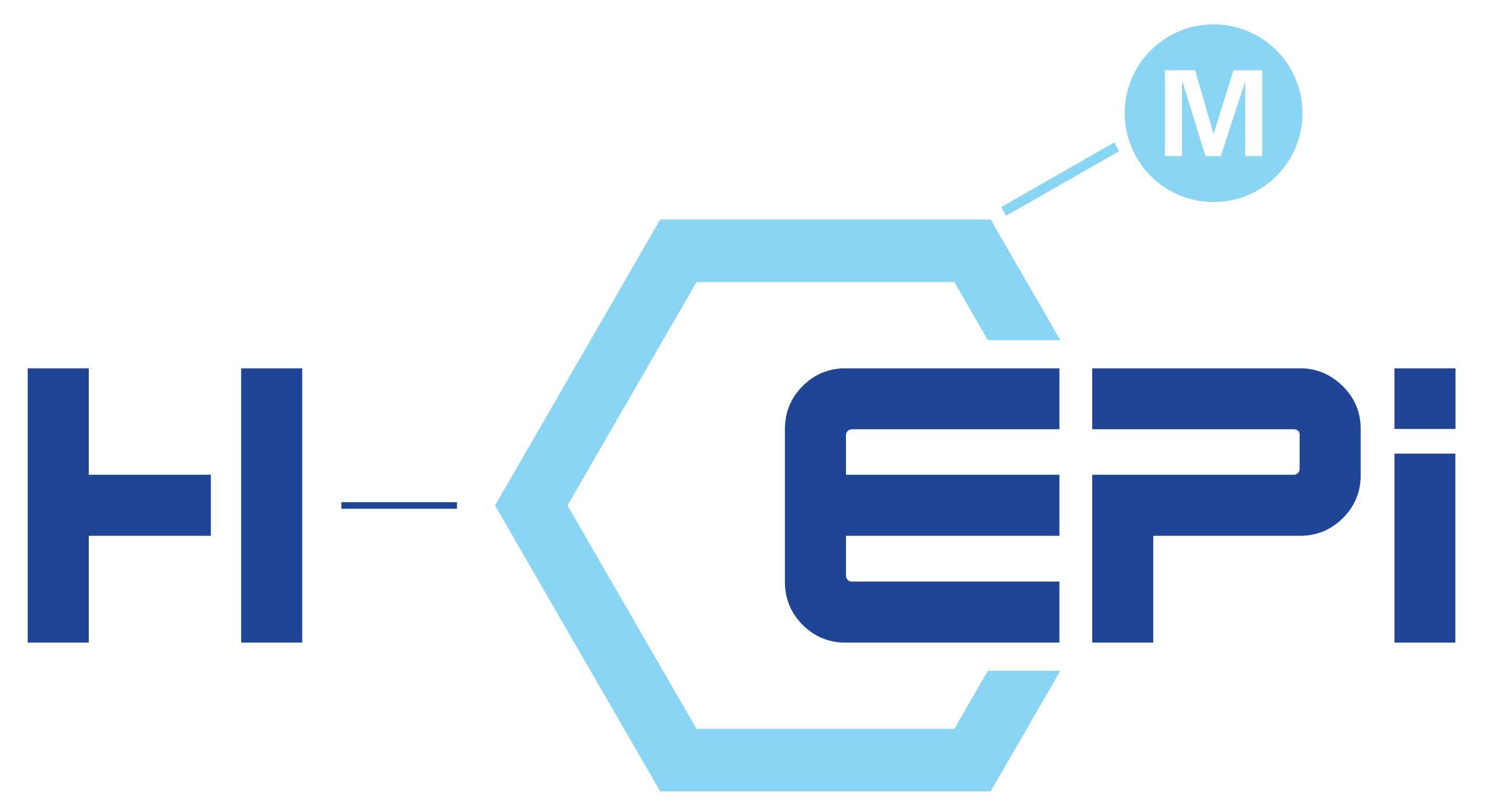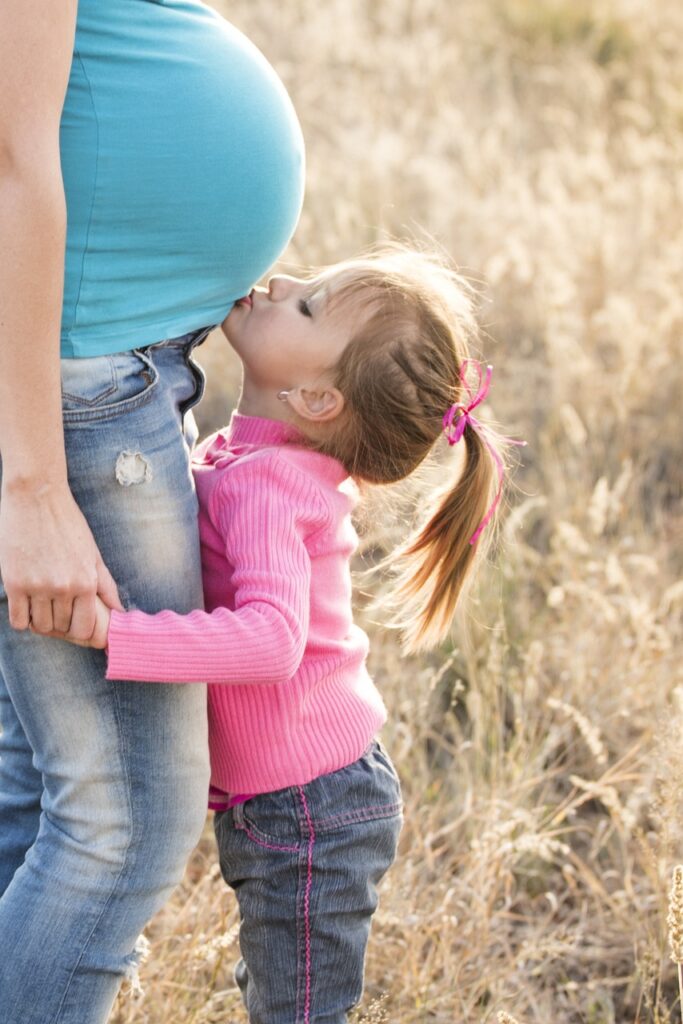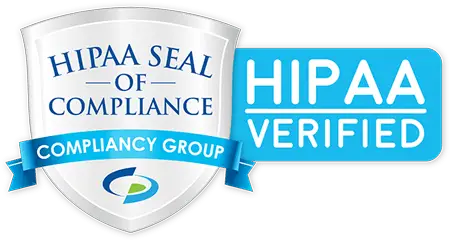The Transformative Journey of Pregnancy: A Deeper Look into Maternal Biological Aging
Pregnancy is a profound journey, not just emotionally or physically, but also on a cellular level. Recent research published in Cell Metabolism in 2024 by Pham et al. sheds new light on the intricacies of how pregnancy affects maternal biological aging, challenging and enriching our understanding of the physiological toll pregnancy imposes on women.
The Essence of Biological Aging
Biological aging is a complex process, encapsulated by changes in DNA methylation patterns. These changes, specifically the distribution of methyl groups on our DNA, don’t alter our genetic code but influence gene activity, thus affecting our biological age. Unlike chronological age, biological age provides a more nuanced reflection of the physiological stresses and environmental factors our bodies have navigated over time.
The Study’s Findings: A Deep Dive
Pham and colleagues embarked on a comprehensive analysis, focusing on a cohort from the University of California, Irvine, involving 119 women through the stages of pregnancy and postpartum. The study utilized an array of epigenetic clocks and biomarkers, including principal component-based epigenetic clocks like PCHorvath1, PCPhenoAge, PCGrimAge, an updated version of GrimAge (GrimAge2), and a pace of aging biomarker (PACE).
This meticulous research revealed a significant association between the stage of pregnancy and accelerated biological aging. Intriguingly, it also unveiled a substantial reversal of this biological aging postpartum, suggesting a pronounced resilience and adaptability of the maternal body. The reversal magnitude was notably more significant than the aging progression from early to late pregnancy, indicating a substantial bounce-back effect.
Factors Influencing the Reversal of Biological Aging
The study didn’t stop at highlighting the reversal phenomenon; it delved deeper into factors influencing the extent of this reversal. Two notable determinants emerged: pre-pregnancy Body Mass Index (BMI) and breastfeeding.
- Pre-pregnancy BMI: Individuals with higher BMI prior to pregnancy exhibited a less pronounced reduction in biological age postpartum compared to those with lower BMI. This variance underscores the compounded physiological stress obesity adds to pregnancy.
- Breastfeeding: An interesting facet of the study was the significant impact of breastfeeding on biological aging. Exclusive breastfeeding was associated with a more considerable decrease in biological aging, marked by lower PCGrimAge and PACE age estimates, independent of pre-pregnancy BMI.
Beyond the Study: Implications and Future Directions
This research not only corroborates the notion of pregnancy as a natural physiological stressor but also opens avenues for further exploration. The findings suggest that pregnancy, and how one’s body recovers from it, could potentially provide insights into a woman’s future health trajectory, including risks for diseases like cardiovascular conditions or dementia.
The study beckons a closer examination of maternal health interventions during pregnancy and their potential to influence the trajectory of maternal biological aging positively. It also raises questions about the long-term effects of these biological age reversals, especially across successive pregnancies, and the impact of direct measures of maternal adiposity beyond BMI.
Recontextualizing Pregnancy in the Light of Biological Aging
As we advance our understanding of biological aging, pregnancy emerges as a pivotal period of physiological stress and remarkable resilience. The study by Pham et al. illuminates the dual nature of pregnancy: a phase that accelerates biological aging and a subsequent postpartum period marked by a significant reversal of this aging. This duality underscores the extraordinary adaptive mechanisms of the human body.
Moreover, the findings suggest that maternal health, encompassing weight management and breastfeeding, plays a crucial role in mitigating the physiological toll of pregnancy. It highlights the importance of holistic care strategies that support maternal well-being throughout the pregnancy continuum, from preconception through postpartum.
In conclusion, the study opens new horizons in understanding the physiological complexities of pregnancy and its aftermath. It reiterates the resilience of the maternal body and the dynamic nature of biological aging, offering a glimmer of hope for interventions that could enhance maternal health and longevity. As research progresses, the interplay between pregnancy, biological aging, and maternal health continues to unravel, promising insights that could transform our approach to maternal care and well-being.
Reference
Pham, H. et al. Cell Metab. https://doi.org/10.1016/j.cmet.2024.02.016 (2024).
Recent Blog Posts
-
 05 Apr 2024Prostate Cancer Early Detection: Addressing the Global Surge with EpiMedTech's Innovative Response
05 Apr 2024Prostate Cancer Early Detection: Addressing the Global Surge with EpiMedTech's Innovative Response -
 23 Mar 2024The Transformative Journey of Pregnancy: A Deeper Look into Maternal Biological Aging
23 Mar 2024The Transformative Journey of Pregnancy: A Deeper Look into Maternal Biological Aging -
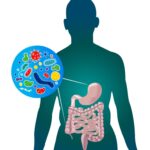 11 Mar 2024Unlocking the Connection Between the Gut Microbiome, Muscle Function, and Cognition in the Elderly: Insights from the PROMOTe Trial
11 Mar 2024Unlocking the Connection Between the Gut Microbiome, Muscle Function, and Cognition in the Elderly: Insights from the PROMOTe Trial -
 02 Mar 2024Turning Back Time with Your Fork: The Fasting-Mimicking Diet Unveiled
02 Mar 2024Turning Back Time with Your Fork: The Fasting-Mimicking Diet Unveiled -
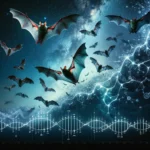 14 Feb 2024Understanding the Secrets of Bat Longevity: A Glimpse into DNA Methylation
14 Feb 2024Understanding the Secrets of Bat Longevity: A Glimpse into DNA Methylation -
 29 Dec 2023Redefining Alzheimer's Management: How Time-Restricted Feeding Aligns Body Clocks and Enhances Brain Health
29 Dec 2023Redefining Alzheimer's Management: How Time-Restricted Feeding Aligns Body Clocks and Enhances Brain Health -
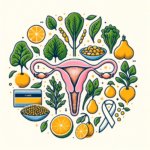 26 Dec 2023Unlocking the Mystery of Cervical Cancer: The Vital Role of Folate
26 Dec 2023Unlocking the Mystery of Cervical Cancer: The Vital Role of Folate -
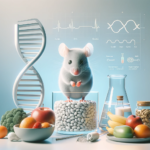 26 Nov 2023Unlocking the Secrets of Age Reversal: How Cutting Edge Research is Paving the Way
26 Nov 2023Unlocking the Secrets of Age Reversal: How Cutting Edge Research is Paving the Way

